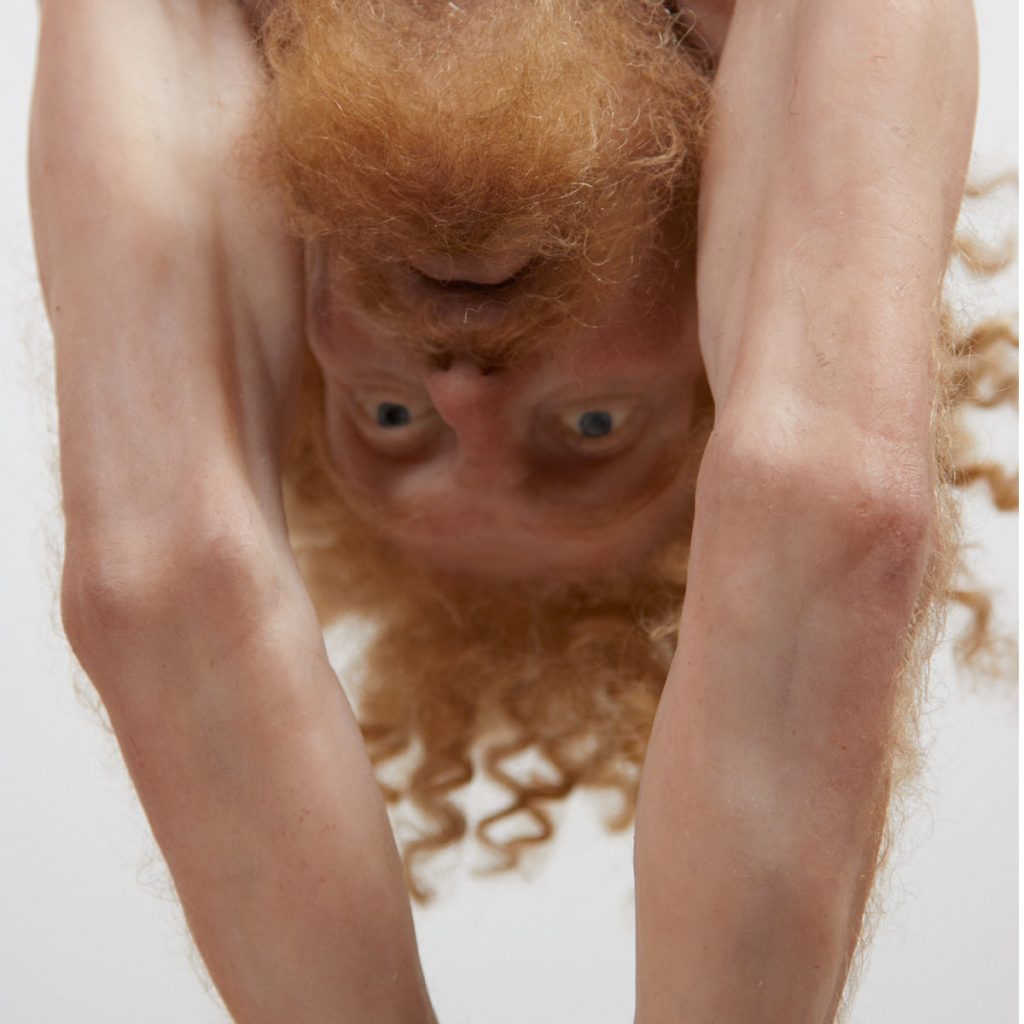onroda
onroda is a pseudonym of peter michael witt as a cryptic solo artist with a multitude of social media profiles. his debut album „schlauch“ is an idiosyncratic mix of different electronic styles – philosophical music that reflects on cultural-historical phenomena in search of unusual sounds.

CULTURE & CONSCIOUSNESS OR
THE INSTRUMENTALISATION OF A HUMAN ORGAN
(„The most important things are done through tubes. Evidence: first of all, the procreative limbs, the quill and our rifle, indeed what is man but a tangled bundle of tubes?“ Georg Friedrich Lichtenberg)
In Greek mythology there is a strange story that reflects the conflict (or should we say war?) between popular and high culture. The flute-playing demigod Marsyas challenges the kithara-playing god Apollo to a musical contest and loses the battle. Not because Apollo played more beautifully than he did – but because Apollo can also play his lyre upside down, which Marsyas of course cannot do. Bad trick. The punishment for the naive, even cocky satyr who dared to compete with the so-called God of Wisdom is cruel: Apollo hangs him from a tree and pulls off his skin while he is still alive.*
When I first read about the myth ancient Greeks used to illustrate the origin of cultivated, i.e. Apollonian music, I was shocked. Bourgeois-Christian morality was too internalised for me to allow even an idea of the brutality involved in the development of refining cultural power. Structure and refinement triumph over ecstasy and naivety – and destroy them without mercy.
So the supposedly good side of sophisticated taste seems to have a cruel undercoat.
I ask myself, what is the point of Apollo’s cruelty? Why was it necessary? In the Catholic artistic and art-historical interpretation of the Marsyas myth, the punishment is understood as the symbolic liberation of Marsyas from its earthly shell and as a kind of act of redemption like that of the Christ, as the transformation of primary sexual energies into a spiritualized impulse. This is glossily intellectual, sophistical and academic – the purely Apollonian view of the case. It
distracts from the fact that there is a cruelty, which is a intemperance and which is diametrically opposed to the Apollonian principle of moderation. So why was it necessary? What consciousness does the god lack?
Georges Bataille pointed out in „The Tears of Eros“, using the example of the Chinese „Torture of a Hundred Parts“, the terrifying connection between divine exstasy and extreme horror. And how important it is to be aware of such connections: „He who is not conscious is not human either.“
The myth tells of how fragile the culture is that separates us from archaic sadistic impulses. It shows that a high culture, unconscious of its brutal impulses, remains linked to the deep abysses of the soul. Strangely virulently effective, the arbitrary Dionysian seems to remain in the self-controlled Apollonian, when in our culture the latter pretends to have a lasting grip on the former: that
which the aesthete Apollo most despises returns monstrously in him in the climax of this rejection as a desire for exstatic annihilation.
Beautiful and ugly in one.
* One interpretation of the myth sees a relationship to the bagpipe, so that the Marsyas myth contains the invention of this musical instrument as its core. (Interesting in this context also the etymology of the term organ from the lat.organum: „musical instrument, instrument, tool, body part“)
remix of Tidy Kid ‚Toy Plane In Ice‘.
